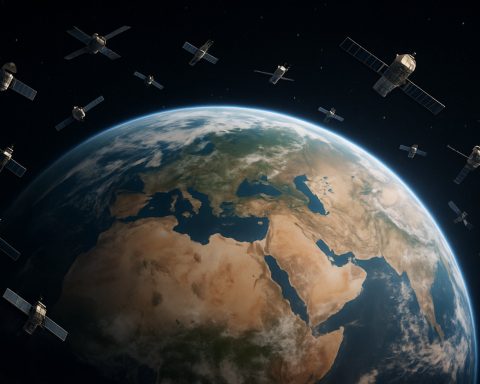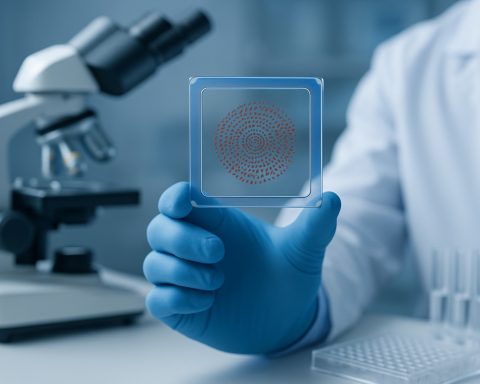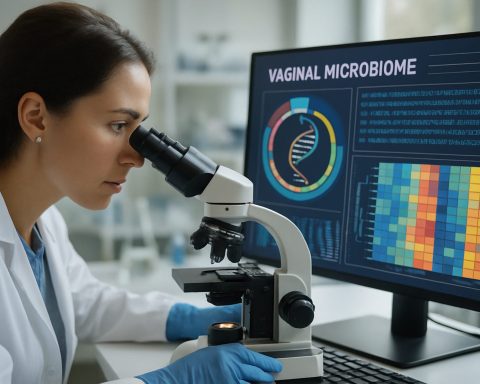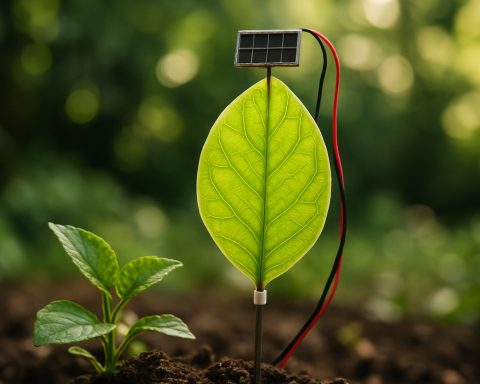- Porsche is launching a multi-phase pilot project to recycle high-voltage electric vehicle (EV) batteries, emphasizing sustainability and addressing the demand for critical raw materials.
- The process transforms used batteries into “black mass,” which contains valuable elements like nickel, cobalt, manganese, and lithium that are meticulously extracted and refined.
- Porsche has already processed approximately 65 tonnes of battery material from development vehicles.
- The initiative aims to incorporate recycled materials into new battery cells, promoting a circular economy in automotive production.
- The company plans to test new battery cells with recycled content in future Porsche models, aligning with its vision of sustainability and responsible resource stewardship.
- This project positions Porsche as a leader in sustainable innovation, preparing for potential raw material shortages and regulatory challenges.
Porsche, renowned for its engineering prowess and luxurious vehicles, is venturing into uncharted territory with a bold new initiative that could redefine the electric vehicle (EV) landscape. The iconic carmaker has unveiled a multi-phase pilot project designed to recycle high-voltage EV batteries—a move that not only emphasizes sustainability but also tackles the burgeoning demand for critical raw materials.
Imagine the intricate choreography of gears and pistons that characterize a Porsche engine, now replaced by a mechanical symphony dedicated to sustainability. Old, spent batteries are disassembled, their components undergoing a shredding opera that transforms them into “black mass.” This peculiar-sounding substance is not waste, but a treasure trove of crucial elements—nickel, cobalt, manganese, and lithium. These materials, vital for the symbiosis of power and efficiency in EV batteries, are painstakingly extracted and refined to meet the high standards Porsche demands.
As day breaks on this ambitious endeavor, the company has already converted approximately 65 tonnes of this granular bounty from development vehicle batteries. This achievement echoes within the walls of Porsche’s engineering hubs, a testament to the meticulous care that defines their approach.
The transformation doesn’t stop at recovery. The “black mass” undergoes an alchemical process to yield high-purity elements. Porsche insists on an almost fanatical dedication to quality—ensuring that every atom meets their exacting standards of performance, setting the stage for the birth of new battery cells.
But what truly distinguishes this initiative is its role as a forerunner to a circular economy in automotive production. By reincorporating recycled materials into new battery cells, Porsche isn’t just crafting cutting-edge vehicles; it’s telling a story of renewal, much like the legendary transformation of a phoenix rising from its ashes.
As the project progresses into its final chapter, Porsche plans to create battery cells infused with a predetermined percentage of recycled content. These cells will be rigorously tested in future Porsche models, a real-world experiment in sustainability that reflects the company’s long-term vision.
This daring initiative not only solidifies Porsche’s leadership in the realm of sustainable innovation but also ensures a diverse future. As geopolitical tensions and stringent upcoming EU regulations loom on the horizon, Porsche is strategically positioning itself by securing raw material supplies and promoting responsible resource stewardship. The company’s dedication to the circular economy sets a high benchmark in the industry, exemplifying a forward-thinking approach that prioritizes sustainability.
Porsche’s new recycling venture is more than just a project; it is a clarion call to action for the automotive industry to embrace sustainability. In a world where every resource counts, the message is clear: what we discard today could power the dreams of tomorrow.
Porsche’s Bold Move: Redefining Sustainability in the EV Industry
Introduction
Porsche, renowned for its engineering excellence and elegant vehicles, is spearheading a revolutionary initiative in the electric vehicle (EV) sector. Known for luxury and performance, the iconic automaker now aims to reshape the landscape with an innovative, environmentally sustainable approach to recycling high-voltage EV batteries. This endeavor not only highlights the importance of sustainability but also tackles the increasing demand for essential raw materials.
How the Battery Recycling Initiative Works
Porsche’s project involves a meticulous process that transforms used, spent batteries into a substance known as “black mass.” This material is rich in crucial components like nickel, cobalt, manganese, and lithium—elements essential for crafting high-performance EV batteries. The company has already processed around 65 tonnes of these resources from development vehicle batteries, showcasing their commitment to sustainability.
The Alchemical Process
The recycling initiative doesn’t stop at the extraction of these elements. Each material undergoes further refinement to achieve high-purity standards. Porsche’s obsessive dedication to quality ensures that every atom is meticulously evaluated to meet stringent performance requirements—a testament to the company’s legendary craftsmanship.
Real-World Use Cases and Market Impact
Porsche plans to integrate recycled materials into new battery cells, infusing them with a predetermined percentage of reused content. These new cells will undergo rigorous testing in upcoming Porsche models, representing a real-world testbed for sustainable innovation. By doing so, Porsche not only enhances its product lineup but also solidifies its leadership status as a pioneer in automotive sustainability.
Industry Trends and Market Forecasts
The global EV battery recycling market is anticipated to witness exponential growth, driven by increasing environmental regulations and a rising emphasis on sustainability. Porsche’s circular economy model is positioned to influence industry norms significantly. According to a report by MarketsandMarkets, the EV battery recycling market size is expected to grow to several billion dollars by 2025. This trend could encourage other automotive giants to adopt similar recycling initiatives, further augmenting the market trajectory.
Pros and Cons Overview
Pros:
– Sustainability: Reduces environmental footprint by diverting waste from landfills and reusing critical raw materials.
– Economic Benefits: Decreases dependency on raw material imports, potentially reducing costs.
– Innovation Leadership: Enhances brand reputation through pioneering sustainable practices.
Cons:
– Initial Investment: High costs associated with setting up recycling infrastructure.
– Complexity: Requires advanced technology and expertise to efficiently extract and process materials.
– Regulatory Challenges: Navigating diverse environmental regulations across different regions.
Actionable Recommendations
– Stay Informed: Monitor industry trends and regulatory changes to better understand market shifts.
– Embrace Sustainability: Adopt eco-friendly practices in daily life, including supporting brands dedicated to responsible production.
– Advocacy: Encourage policymakers to support sustainable technology and circular economy principles within the automotive sector.
Conclusion
Porsche’s ambitious recycling initiative serves as a clarion call for the automotive industry to prioritize sustainability. By embracing a circular economy, Porsche not only sets a benchmark for innovation but demonstrates that what we discard today could power the dreams of tomorrow.
Stay connected with Porsche for the latest in automotive innovation at Porsche.










